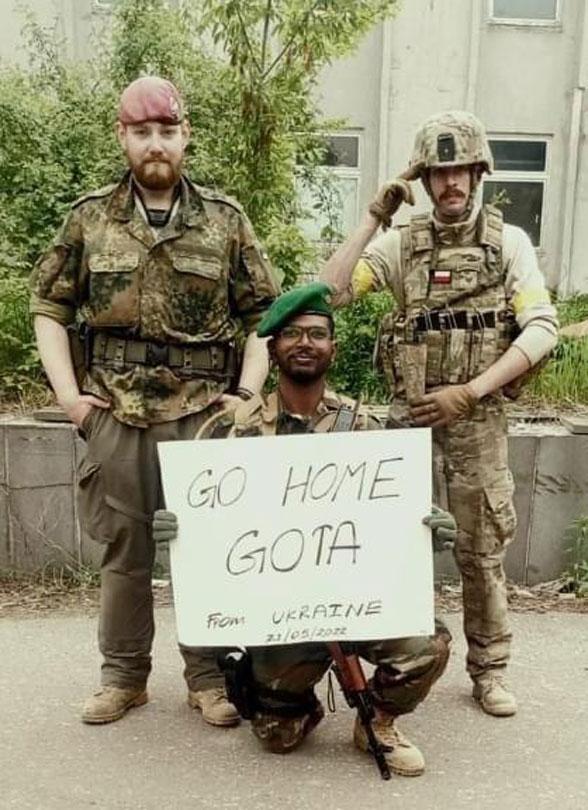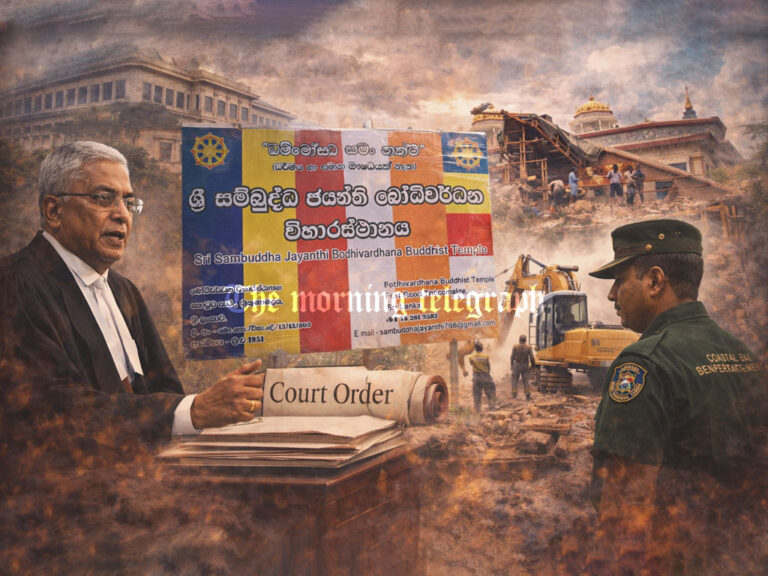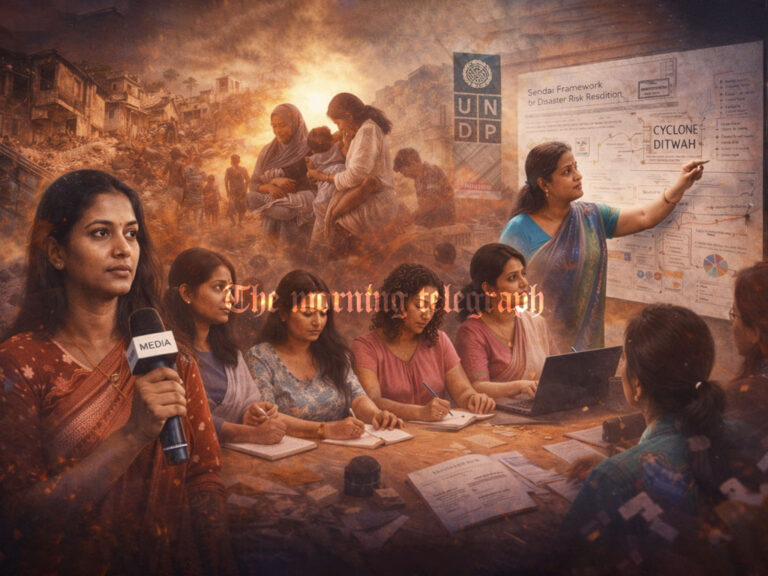
The dire economic situation in Sri Lanka has compelled some of its former military personnel to take drastic steps for survival, with some choosing the perilous path of becoming mercenaries in foreign conflicts. This decision, fueled by a financial crisis, underscores the severe economic challenges faced by the country, pushing individuals who once served their nation to risk their lives in battles that serve other nations’ interests.
Remarkably, this economic desperation has led to former comrades, who stood together in the Sri Lankan civil war against the Liberation Tigers of Tamil Eelam (LTTE), a group recognized as a terrorist organization by multiple countries, finding themselves on opposite sides of the ongoing conflict between Russia and Ukraine. The pursuit of better financial opportunities has driven these individuals, once united in defense of their homeland, to confront each other as mercenaries in a foreign war, highlighting the profound impacts of their economic struggles.
Recent developments reports indicate that 12 Sri Lankans have joined Ukrainian forces to fight against Russian aggression. Tragically, this involvement has resulted in the deaths of five Sri Lankans so far, three fighting for Ukraine and two for Russia, showcasing the global reach and human cost of the conflict. Among the casualties are three former members of the Sri Lankan military, including Captain Ranish Hewage, who served in the First Special Forces of The International Legion of Territorial Defense of Ukraine and were killed during a rescue operation in Bakhmut, a focal point of fighting in Ukraine. These losses highlight the extreme risks undertaken by those driven by financial necessity to engage in foreign wars, far from their homeland.
The situation has raised serious concerns and prompted action from Sri Lankan authorities. The Sri Lankan Embassy in Türkiye, accredited to Ukraine, has been made aware of the deaths and is awaiting official confirmation from Ukrainian defense authorities. Until such confirmation and the recovery of remains, these individuals are considered missing in action.
This complex scenario underscores the dangerous nature of the Ukraine conflict, attracting fighters from across the globe, including Sri Lanka. It emphasizes how economic desperation and the allure of financial gain have drawn individuals into the vortex of foreign wars, raising ethical and legal questions about the recruitment of mercenaries and the responsibilities of nations toward their citizens abroad.
The involvement of Sri Lankans as mercenaries is a stark illustration of the dire economic straits faced by the country, highlighting the urgent need for comprehensive reforms and effective governance to address the economic challenges and restore hope and security to the people of Sri Lanka. Critics have pointed to prolonged political mismanagement and economic decline, underlining the responsibility of the nation’s leaders to create a stable and prosperous environment, preventing citizens from having to make such perilous choices for survival.
Meanwhile a leading media outlet in Sri Lanka stated that in light of reports emerging from foreign media about the deaths of Sri Lankan soldiers in the ongoing conflict between Russia and Ukraine, the Ministry of Defense of Sri Lanka had taken a firm stance. The Ministry acknowledged the circulation of information regarding the involvement of members from the Sri Lankan security forces with Russian forces but distanced itself from these actions, clarifying that it has no involvement or connection to the matter.
Furthermore, the Ministry noted that it has not received any official confirmation through embassies about the death of two Sri Lankan army soldiers in Russia amidst the war. Emphasizing the absence of any formal agreement or arrangement between the Sri Lankan and Russian armies for the deployment of Sri Lankan military personnel in Russia, the Ministry expressed concern over the potential harm such incidents could cause to Sri Lanka’s reputation on the international stage.
In response to these developments, the Ministry of Defense has issued a directive to all members of the Sri Lankan tri-forces, advising them against joining the Russian or Ukrainian forces through unauthorized or illegal means. This move reflects the Sri Lankan government’s commitment to maintaining the integrity and reputation of its armed forces and underscores the importance of adhering to legal and formal channels in military engagements abroad.




